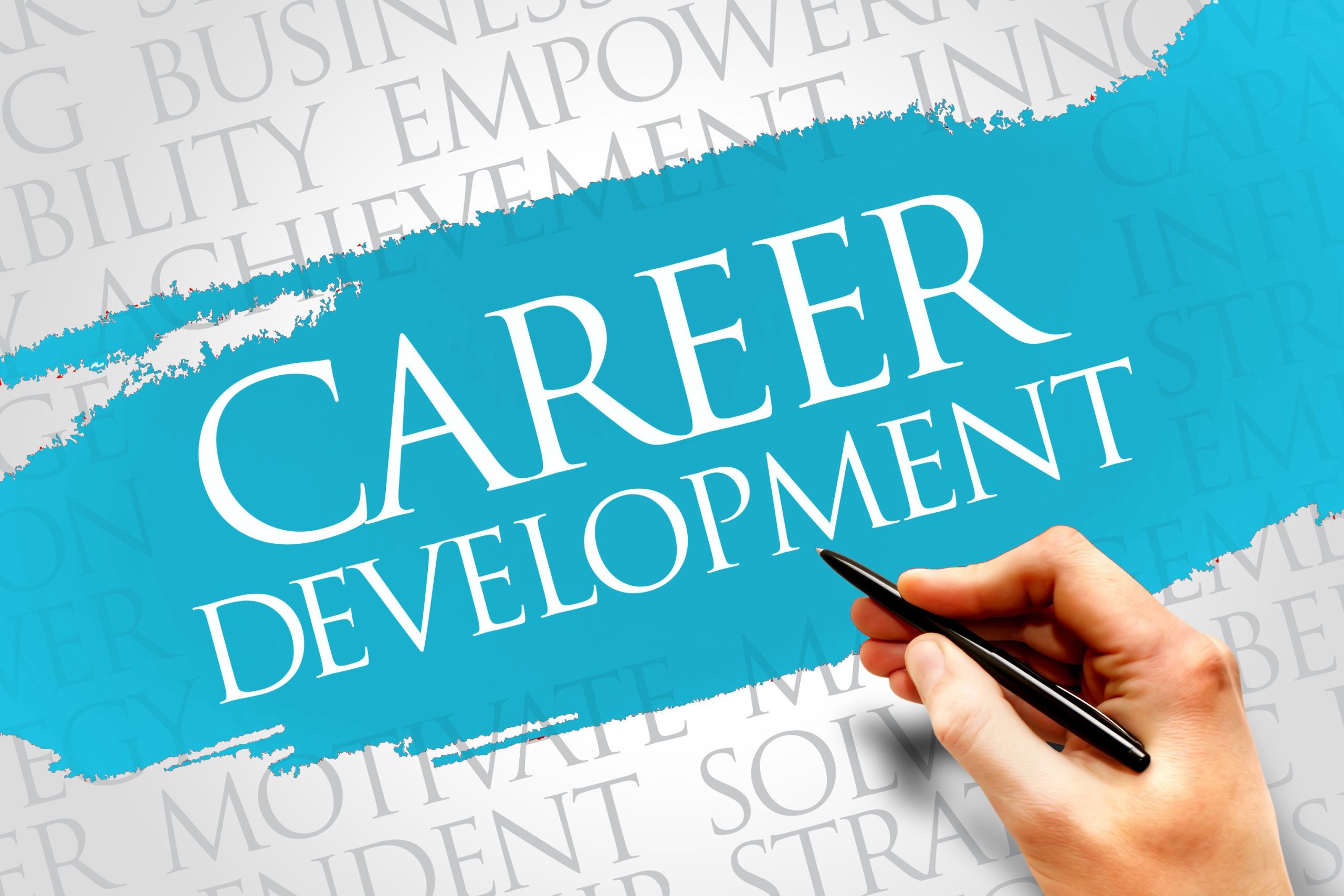Job interview preparation is one of the most critical steps in the job search. This is because your interviewer will evaluate your poise, basic social skills and ability to communicate during the conversation – in addition to your education, training and experience. This conversation will determine whether the role and company match well, so it’s essential that you come prepared to answer any questions the interviewer may ask.
The first step in job interview preparation is identifying your goals for the position and the company. This will help you formulate answers to common questions, such as “What are your greatest strengths and weaknesses?” and “Why did you leave your last job?”
Next, review the job description again and look at the qualifications listed for the position. Make note of anything you feel you might struggle with or could use some more practice on. Then prepare answers to these questions based on your own personal and professional experience. Be sure to include examples of your accomplishments that support the qualities the employer is looking for.
Before your interview, visit the company’s website and familiarize yourself with the products or services they offer. This is especially important if the interviewer will ask you about your knowledge of their product. It’s also a good idea to visit the company’s social media pages, read press releases and check in on their latest projects. This will help you show your interviewer that you have a genuine interest in the company and its success.
When you arrive at the interview, be prepared to present your resume and any other relevant documents or certificates. Plan on arriving 10-15 minutes early so you have time to get settled, greet the receptionist and calm your nerves. It’s a good idea to bring extra copies of your resume, just in case an interviewer wants to see it again after the session is over.
Throughout the interview, maintain positive body language and a smile as much as possible. Speak clearly and in full sentences and try to make eye contact with your interviewer. Avoid interrupting the interviewer and take a deep breath before answering any questions they might have for you.
Most interviews will wrap up with the interviewer asking if you have any questions for them. Always have a few questions planned – but not questions that you can easily find the answer to in the company’s website or job description. Having questions shows that you are engaged and interested in the company, and it can give you an opportunity to show off your research skills.
When the interview is over, remember to thank your interviewer for their time and be gracious about their decision to move forward with the hiring process. If you have any follow up questions or additional information you would like to share, be sure to reach out to them within 24 hours. This will keep the momentum of your interview going and show that you are a motivated candidate.

